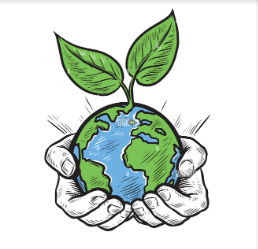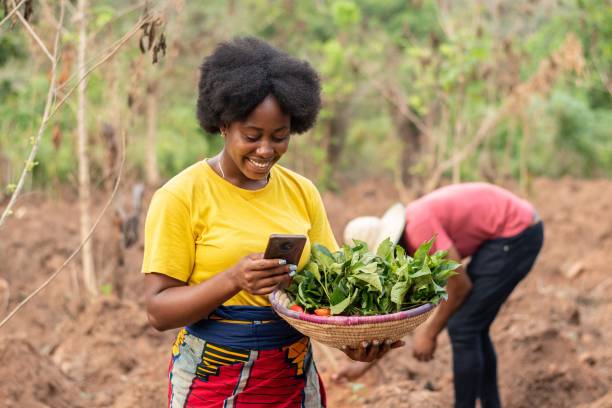
- info@forbettermentfoundation.org
- Sarit Centre, Karuna Rd
Our Blog Details
- Home
- Our Blog Details

17/09
- Author: Forbetterment
Why Women Miss Out on Agriculture Extension Services in Kenya and East Africa
As a society, we often talk about the importance of agriculture in our economies, particularly in developing countries like Kenya and East Africa. However, when it comes to accessing agriculture extension services, women are often left behind. In this article, we will explore the reasons why women miss out on these services and what can be done to address this issue.
Limited Access to Information
One of the main reasons why women miss out on agriculture extension services is limited access to information. Women farmers often lack access to timely and relevant information on best practices, market trends, and weather forecasts, making it difficult for them to make informed decisions about their farms. This lack of information can lead to poor crop yields, reduced income, and increased vulnerability to climate change.
Mobility and Decision-Making Authority
Another issue that affects women's access to agriculture extension services is mobility and decision-making authority. Women farmers may not have the same level of mobility as men, making it challenging for them to attend training sessions, workshops, or meetings with extension agents. Additionally, women may not have the same level of decision-making authority as men, limiting their ability to make decisions about their farms and access to resources.
Informal Setups and Limited Funding
Many women farmers in Kenya and East Africa operate in informal setups, which can make it difficult for them to access funding and other resources. Formalized agricultural extension services may not be designed to cater to the needs of informal farmers, leaving women with limited options for accessing information and services.
Dependence on Contract Farming
Some women farmers in Kenya and East Africa may be dependent on contract farming, which can be a limiting factor in their ability to access agriculture extension services. Contract farming often requires women farmers to work under the supervision of a single buyer or supplier, limiting their ability to negotiate better prices and terms.
Land Tenure Issues
Finally, land tenure issues can also affect women's access to agriculture extension services. Women farmers may not have secure land title deeds, making it difficult for them to access credit, insurance, and other resources.
Addressing the Gap
To address the gap in agriculture extension services for women farmers in Kenya and East Africa, we need to design programs that are tailored to their specific needs and challenges. This includes providing access to information, training, and resources that are relevant to their farming practices and needs.
Women farmers, especially small-holders or subsistence ones, in Kenya and East Africa face significant barriers in accessing agriculture extension services. By understanding these barriers and designing programs that address them, we can help to increase women's participation in agriculture and improve their livelihoods. At For Betterment Foundation, we are committed to understanding and expanding social intervention programs and innovations that can help to address these issues and promote food security and sustainable livelihoods in our communities.
Categories
- Finance
- Education
- Environment
- Farming
- community development
- Community Health & Wellness

